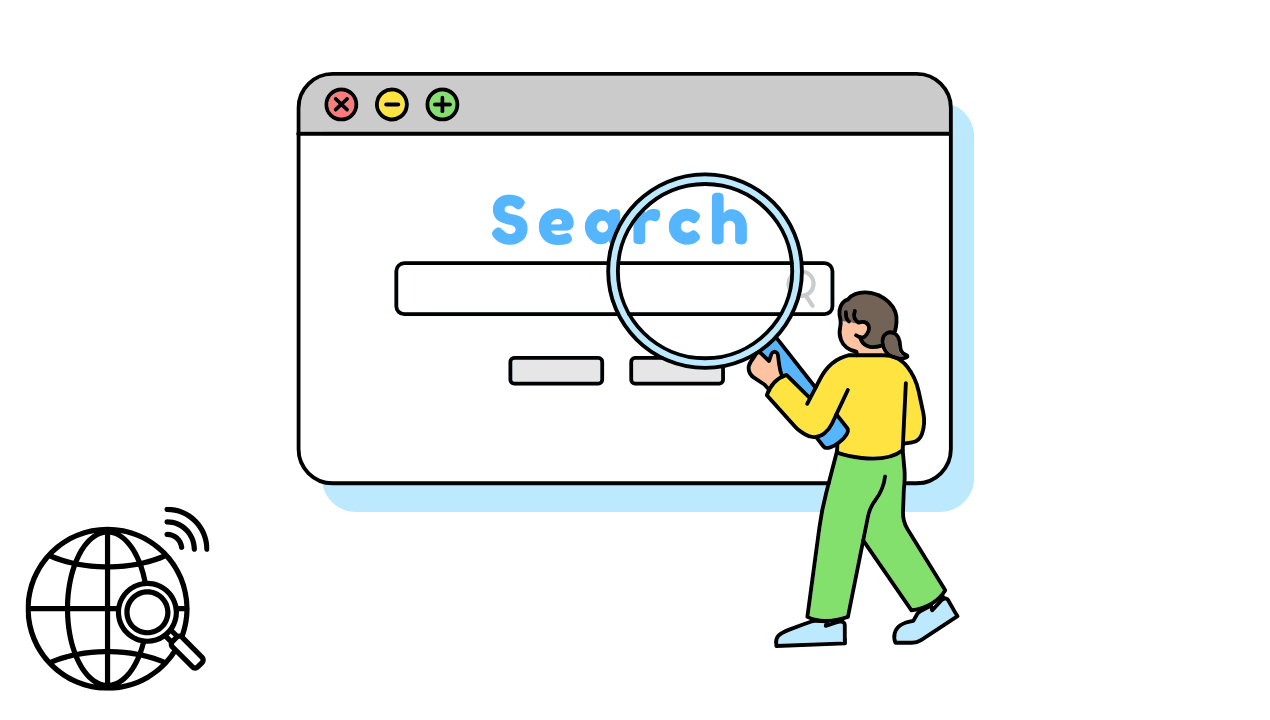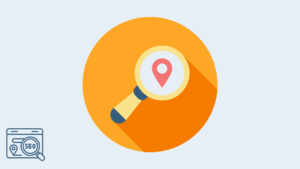When most people think of search engines, two names come to mind immediately: Google and Bing. But while these giants dominate the market, they aren’t the only options. In fact, depending on your priorities, it’s privacy, specialized results, or unique features. So, there are plenty of alternatives that can be just as powerful, if not more so, for certain needs. In this article, we’ll explore the best 10 alternative search engines beyond Google and Bing.
Exploring alternative search engines can open up new ways to discover information, connect with niche communities, and even protect your data. Some focus on sustainability, some prioritize independent journalism, and others are designed for researchers, developers, or privacy enthusiasts. This guide will take you beyond the mainstream and into the world of 10 excellent alternatives worth bookmarking.
Why Look Beyond Google and Bing?
Google and Bing have vast reach and impressive algorithms, but their dominance comes with trade-offs. Ad-heavy results, aggressive tracking, and algorithmic biases can limit the diversity of information you see. Alternative search engines can provide:
- Better privacy with little to no data tracking
- Niche results tailored for specific industries or topics
- Independent perspectives not dictated by the largest tech companies
- Unique features that make searching faster or more enjoyable
For professionals, researchers, and the privacy-conscious, exploring these options isn’t just interesting. So, it can improve the quality and scope of your online searches.
Table: 10 Best Alternative Search Engines
| Search Engine | Main Strength | Best For |
|---|---|---|
| DuckDuckGo | Privacy-first browsing | Users avoiding tracking and data collection |
| Startpage | Google results without tracking | People wanting Google accuracy with privacy |
| Ecosia | Eco-friendly searching | Users wanting to support environmental causes |
| Qwant | European privacy and balanced results | Privacy-focused users in the EU |
| Brave Search | Independent index with transparency | Users wanting control over search algorithms |
| Mojeek | Fully independent search index | Those seeking results outside Google/Bing |
| Searx | Open-source metasearch | Developers and tech-savvy privacy advocates |
| Yandex | Strong in Russian-language content | Searching Eastern European sources |
| Neeva | Ad-free, subscription-based | Users tired of sponsored results |
| Wolfram Alpha | Computational search and fact-based answers | Researchers, students, and problem-solving |
DuckDuckGo: The Privacy Pioneer: Best Alternative Search Engines
DuckDuckGo has built its entire reputation on protecting user privacy. It doesn’t track your searches or store personal information, and it actively blocks third-party trackers on the web. Despite its minimalist interface, it delivers surprisingly relevant results pulled from hundreds of sources.
It also has handy instant answers for quick facts, currency conversions, or weather updates. In addition, it makes it a strong general-purpose search engine for those who want to break free from surveillance-based search.
Startpage: Google’s Brains Without the Tracking
If you love Google’s search accuracy but dislike its tracking, Startpage offers the best of both worlds. It acts as a privacy filter between you and Google, fetching results without sending your personal data along.
This means you get the same quality of results you’d expect from Google but with complete anonymity. For many, it’s an ideal transitional option when moving away from big tech while still maintaining familiar search quality.
Ecosia: Search That Plants Trees: Best Alternative Search Engines
Ecosia is for those who want their searches to make a positive environmental impact. The company uses ad revenue to plant trees around the world, with public reports showing exactly how the money is spent.
The search engine is powered by Bing’s technology but places a heavy emphasis on sustainability, both in its operations and its mission. For eco-conscious users, Ecosia is more than a search tool. So, it’s a small way to contribute to reforestation with every query.
Qwant: European Privacy and Balanced Results
Qwant is based in France and follows strict European data protection regulations. It doesn’t track users or filter results based on personal profiles, which means you’re less likely to be caught in a “filter bubble.”
The interface is clean, the news results feel balanced, and it even has a dedicated music search section for discovering artists and tracks. If you live in the EU or just want a European alternative, Qwant is a strong contender.
Brave Search: Built From Scratch for Independence
Developed by the makers of the Brave browser, Brave Search is one of the few engines building its own index rather than relying heavily on Google or Bing. This independence gives it control over ranking transparency, and users can even adjust how results are ranked.
Brave Search also integrates seamlessly with the Brave browser’s privacy tools, making it appealing for those already in that ecosystem. Its commitment to a fully independent search index sets it apart from most alternatives.
Mojeek: The Independent Underdog: Best Alternative Search Engines
Mojeek is a UK-based search engine that prides itself on having a fully independent index, meaning it doesn’t borrow results from Google or Bing at all. While the results can sometimes feel less polished, they’re refreshingly different and free from the influence of major search providers.
It’s a solid choice if you want to see results that truly stand apart from the mainstream and it shares DuckDuckGo’s no-tracking policy.
Searx: Open-Source and Highly Customizable
Searx is a metasearch engine that pulls results from multiple sources, but what makes it stand out is that it’s open-source and can be self-hosted. For tech-savvy users or organizations, this means you can run your own private search engine.
It offers extensive customization, allowing you to choose exactly which sources to pull from and how to display results. It’s not the most user-friendly option for beginners, but it’s incredibly powerful for those who want complete control.
Yandex: The Eastern Powerhouse
Yandex is the largest search engine in Russia and is also popular in parts of Eastern Europe and Central Asia. Its algorithms excel at understanding Russian-language content, making it a valuable tool for anyone researching in that region.
While it’s not as privacy-focused as some other options, it offers advanced search features, maps, email, and cloud storage, making it a fully-fledged internet ecosystem.
Neeva: Ad-Free by Design: Best Alternative Search Engines
Neeva takes a unique approach: instead of showing ads, it charges a subscription fee for an entirely ad-free search experience. This means results aren’t influenced by advertisers, and you see only what’s most relevant.
It also integrates with tools like Slack, Dropbox, and Google Workspace, allowing you to search both the web and your personal documents from one place. While it’s not free, it offers a cleaner, distraction-free experience that some users find well worth the cost.
Wolfram Alpha: The Knowledge Engine
Wolfram Alpha isn’t a traditional search engine. Moreover, it’s a computational knowledge engine. Instead of showing you a list of links, it calculates answers and presents them directly. From solving equations to generating detailed data visualizations, it’s a powerful tool for students, researchers, and professionals.
If your searches are often fact-based or analytical, Wolfram Alpha can save you significant time by delivering direct answers rather than requiring you to sift through multiple pages.
How to Choose the Right Alternative Search Engine
Choosing the right search engine depends on your priorities:
- If privacy is your main concern, DuckDuckGo, Startpage, and Mojeek are top choices.
- If you want to support a cause, Ecosia turns your searches into environmental action.
- For independent results, Brave Search and Mojeek stand out.
- If you’re doing regional or language-specific research, Yandex may offer the best coverage.
- For computational queries, Wolfram Alpha is unmatched.
The good news is you don’t have to commit to just one. Many users switch between search engines depending on the task at hand.
Final Thoughts
Google and Bing may be the default for billions of users, but they’re far from the only options. Whether you value privacy, independence, sustainability, or specialized results, there’s a search engine designed to meet your needs.
Exploring alternatives can broaden your perspective, protect your data, and even contribute to causes you care about. With so many capable platforms available, the best search results might just come from stepping off the beaten path.








